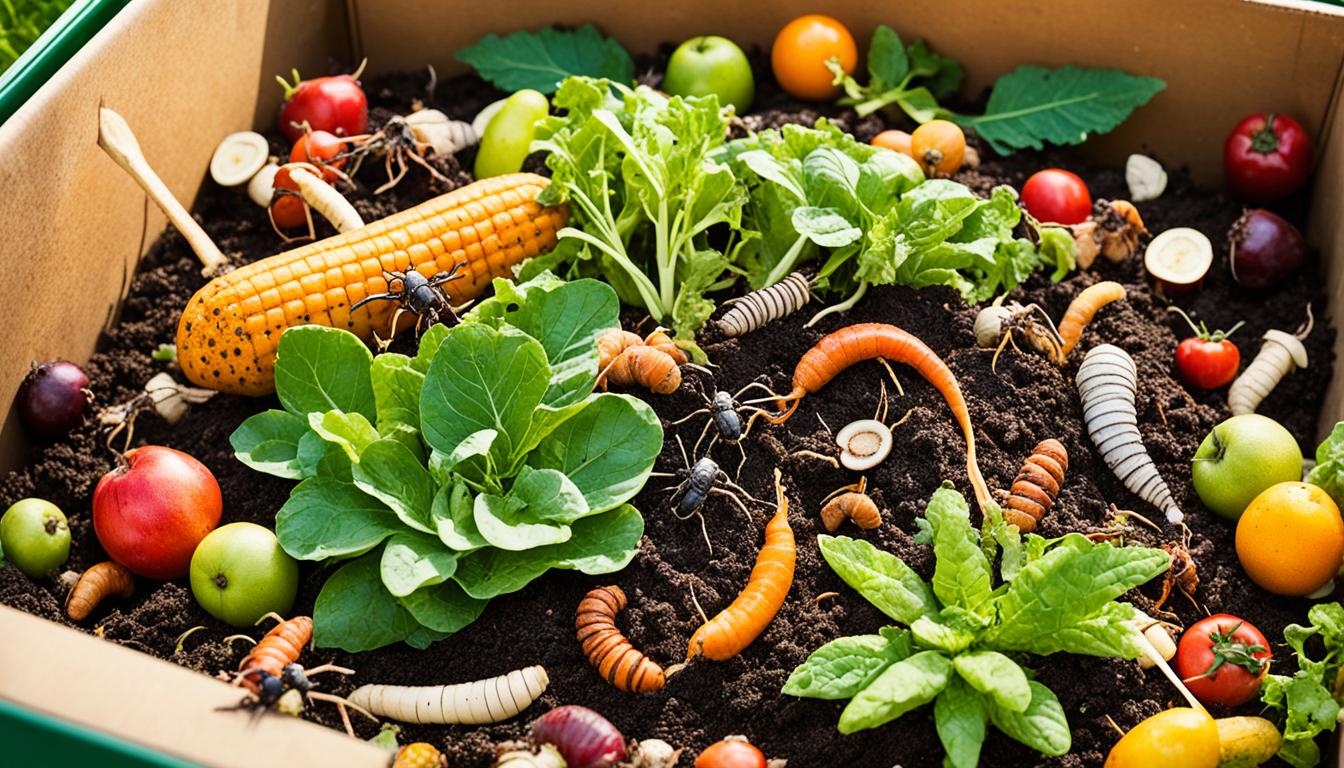Have you ever wondered how you can contribute to a more sustainable and eco-friendly world? Well, it turns out that one simple practice can make a significant impact: composting. But what exactly is composting, and why is it essential for our planet’s health and our own well-being? Let’s delve into the world of composting and explore how it can revolutionize the way we live and interact with our environment.
To begin, composting is the process of decomposing organic waste to create nutrient-rich soil. It’s a simple and effective method of managing our organic waste while promoting sustainable living. By transforming our kitchen scraps, yard waste, and garden clippings into “Black Gold,” we can reduce waste, lower our carbon footprint, and cultivate healthier and more abundant plant growth.
Composting is not just about waste management; it’s about creating a cycle of nutrients in harmony with nature. Did you know that sustainable soil management, which includes composting, could potentially increase food production by up to 58%, according to the Food and Agriculture Organization of the United Nations (FAO)? Imagine the positive impact we could have on food security and environmental sustainability!
So, whether you have a spacious backyard, live in an apartment, or have access to community compost programs, there’s a composting method that suits your lifestyle and resources. Join us as we explore the various techniques and benefits of composting, empowering you to become an eco-warrior and make a difference—one compost pile at a time.
Why Compost? Benefits of Composting
Composting offers numerous benefits for the environment and your garden. When it comes to reducing waste, composting plays a crucial role in diverting organic matter from landfills. Did you know that food scraps and yard waste contribute significantly to greenhouse gas emissions? By composting, we can recycle this organic waste, lowering our carbon footprint and reducing methane emissions.
But the benefits don’t stop there. Compost is a natural fertilizer, creating nutrient-rich soil that nourishes plants and enhances plant growth. It enriches the soil with essential nutrients, improving soil health and increasing plants’ resistance to disease and pests. Additionally, compost helps retain moisture in the soil, reducing the need for excessive watering and promoting water conservation.
By composting, we enable a balanced ecosystem in the soil. Beneficial fungi and bacteria thrive in compost, creating a microcosm of life that aids in breaking down organic matter and releasing nutrients for plants to absorb. This enhanced soil biodiversity fosters a healthier growing environment for our plants, promoting overall plant growth and vitality.
Composting not only benefits our gardens but also contributes to a more sustainable future. Together, we can reduce waste, promote nutrient-rich soil, and play our part in lowering our carbon footprint. Let’s embrace the power of composting and cultivate a greener, healthier world for generations to come.
How to Start Composting: Methods and Techniques
When it comes to starting composting, there are several methods and techniques available that can be tailored to your living situation and available resources. One option is to participate in community compost programs if you live in a city or area that offers these services. You can collect your food scraps and drop them off at designated locations or use a pickup service provided by your local government or organizations. These community compost programs make it convenient for individuals to compost without needing their own backyard.
If you have outdoor space, backyard composting is another great option. Setting up a compost bin in your yard allows you to add organic waste, such as kitchen scraps, yard waste, and garden clippings. To ensure successful backyard composting, it’s important to regularly turn the compost pile and maintain the right balance of nitrogen-rich “greens” and carbon-rich “browns.” This balance helps create the optimal conditions for decomposition and nutrient-rich compost.
For those who live in apartments or lack access to outdoor space, indoor composting is a viable alternative. There are different indoor composting methods available, including vermicomposting, aerobic composting, and Bokashi composting. Vermicomposting involves using worms to break down organic waste, while aerobic composting relies on microorganisms to decompose the materials. Bokashi composting uses a special system that ferments the waste. Indoor composting requires careful management of moisture and odor control, but it can be an effective and clean way to compost in limited spaces.
Choose the composting method that suits your lifestyle and available resources to get started on your composting journey. Whether you participate in community compost programs, set up a backyard compost bin, or explore indoor composting options, composting is a sustainable practice that allows you to reduce waste and contribute to a healthier environment.
